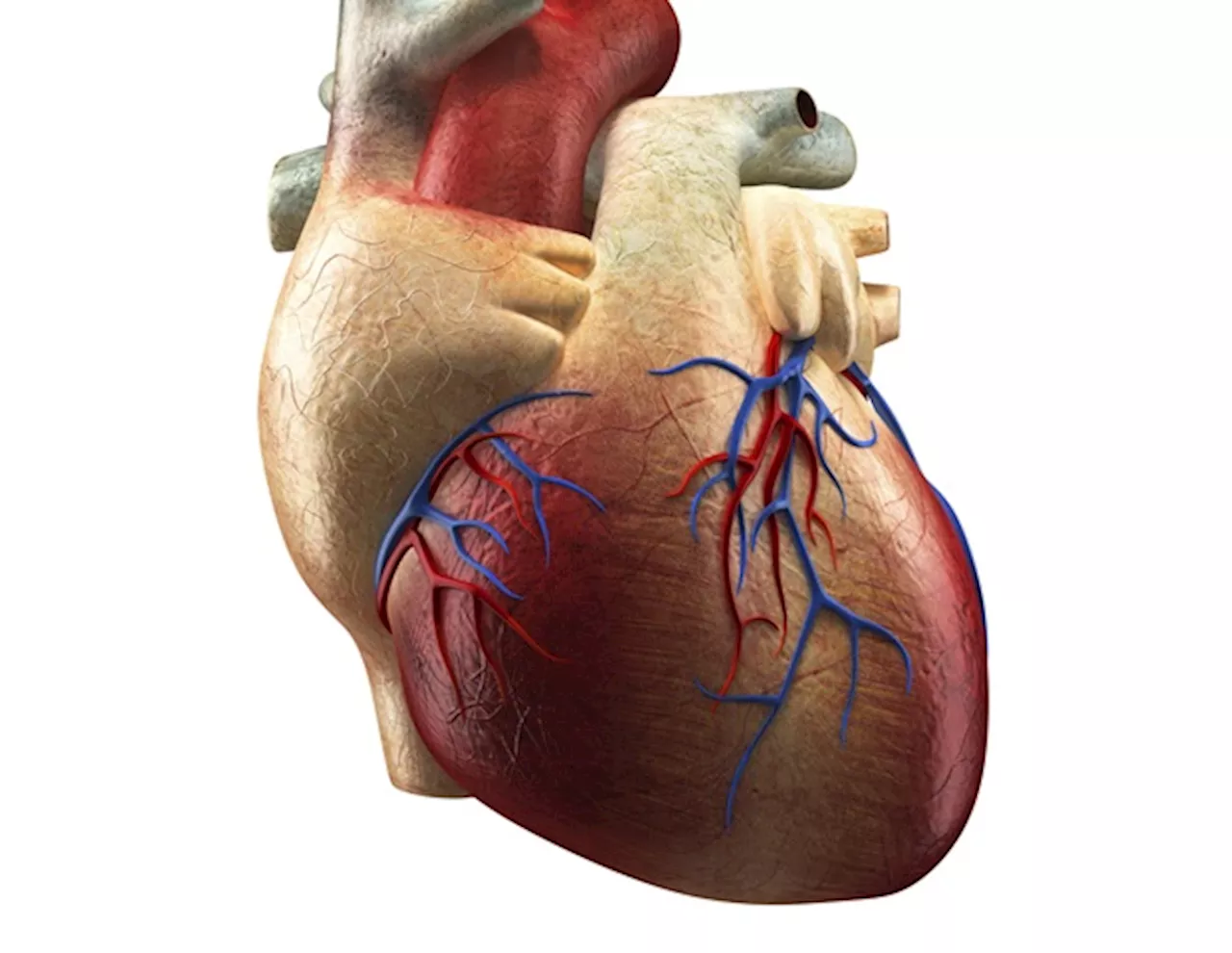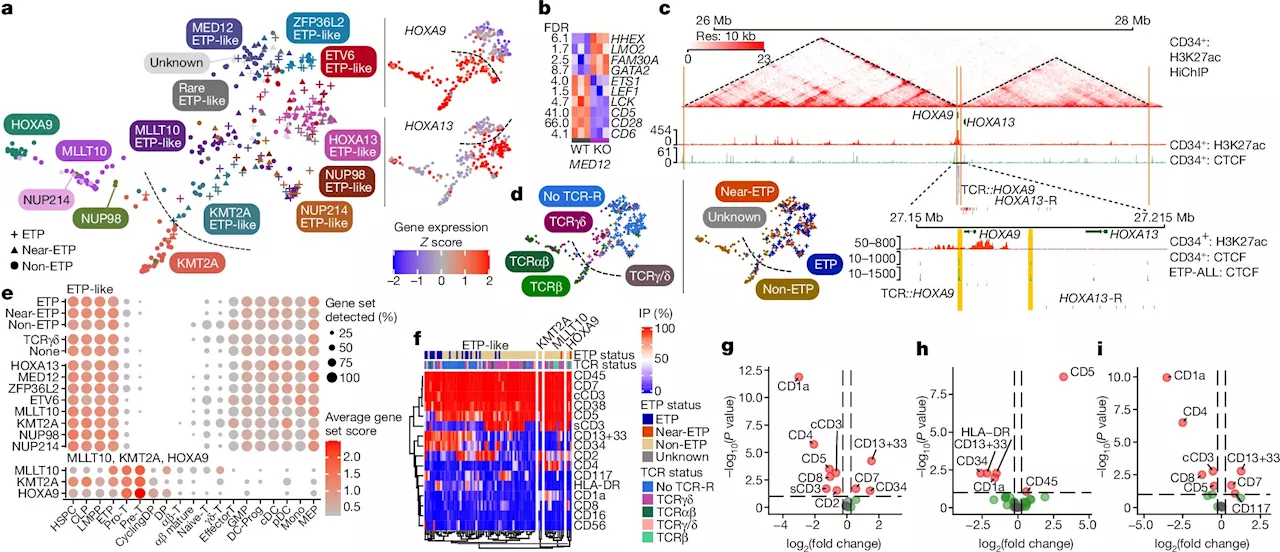Hospital admissions for heart attacks increase after exposure to lower air temperature and cold spells, according to a study published today in JACC, the flagship journal of the American College of Cardiology, and presented at the European Society of Cardiology (ESC) Congress 2024.
American College of Cardiology Sep 1 2024 Hospital admissions for heart attack s increase after exposure to lower air temperature and cold spells, according to a study published today in JACC, the flagship journal of the American College of Cardiology , and presented at the European Society of Cardiology Congress 2024.
"These findings also underscore the urgent need for targeted interventions to protect vulnerable populations during and, particularly, after cold stress," Krumholz said. Tracking 120,380 individuals from the SWEDEHEART registry, researchers examined how short-term exposure to lower air temperatures and cold spells influenced the risk of heart attack hospital admissions during Sweden's cold season from 2005 to 2019.
Researchers also found exposure from day zero to one decreased the risk of heart attack hospitalizations. They said that this temporary protective effect could be due to behavior modifications during cold weather, like staying indoors to reduce exposure or delaying healthcare due to service disruptions; however, those behaviors are not sustainable and could account for the delay in hospitalizations to two to six days later.
Heart Blood Cardiology Healthcare Heart Attack Hospital Muscle Myocardial Infarction Research Stress
Ireland Latest News, Ireland Headlines
Similar News:You can also read news stories similar to this one that we have collected from other news sources.
 American College of Cardiology releases updated guidance on managing patients hospitalized for heart failureThe American College of Cardiology has issued updated guidance on managing patients hospitalized for heart failure (HF) to provide a decision-making pathway that tailors therapy to clinical trajectory to better manage disease.
American College of Cardiology releases updated guidance on managing patients hospitalized for heart failureThe American College of Cardiology has issued updated guidance on managing patients hospitalized for heart failure (HF) to provide a decision-making pathway that tailors therapy to clinical trajectory to better manage disease.
Read more »
 American College of Cardiology issues guide for managing in-patient heart failureThe American College of Cardiology has issued updated guidance on managing patients hospitalized for heart failure (HF) to provide a decision-making pathway that tailors therapy to clinical trajectory to better manage disease.
American College of Cardiology issues guide for managing in-patient heart failureThe American College of Cardiology has issued updated guidance on managing patients hospitalized for heart failure (HF) to provide a decision-making pathway that tailors therapy to clinical trajectory to better manage disease.
Read more »
 Hospital pneumonia diagnoses are uncertain, revised more than half the time, study findsPneumonia diagnoses are marked by pronounced uncertainty, an AI-based analysis of over 2 million hospital visits has found.
Hospital pneumonia diagnoses are uncertain, revised more than half the time, study findsPneumonia diagnoses are marked by pronounced uncertainty, an AI-based analysis of over 2 million hospital visits has found.
Read more »
 Study reveals a paradigm shift in the understanding of T-lineage acute lymphoblastic leukemiaResearchers at Children's Hospital of Philadelphia (CHOP), St. Jude Children's Research Hospital (St.
Study reveals a paradigm shift in the understanding of T-lineage acute lymphoblastic leukemiaResearchers at Children's Hospital of Philadelphia (CHOP), St. Jude Children's Research Hospital (St.
Read more »
 New research poised to transform approach to diagnosing and treating acute leukemia in childrenResearchers at Children's Hospital of Philadelphia (CHOP), St. Jude Children's Research Hospital (St.
New research poised to transform approach to diagnosing and treating acute leukemia in childrenResearchers at Children's Hospital of Philadelphia (CHOP), St. Jude Children's Research Hospital (St.
Read more »
 Semaglutide lowers COVID-19-related deaths in cardiovascular patients with obesitySemaglutide, the popular anti-obesity drug, reduced the rates of COVID-19-related adverse events, including death, in those who had overweight or obesity and established cardiovascular disease without diabetes, according to a new study published in JACC, the flagship journal of the American College of Cardiology.
Semaglutide lowers COVID-19-related deaths in cardiovascular patients with obesitySemaglutide, the popular anti-obesity drug, reduced the rates of COVID-19-related adverse events, including death, in those who had overweight or obesity and established cardiovascular disease without diabetes, according to a new study published in JACC, the flagship journal of the American College of Cardiology.
Read more »
